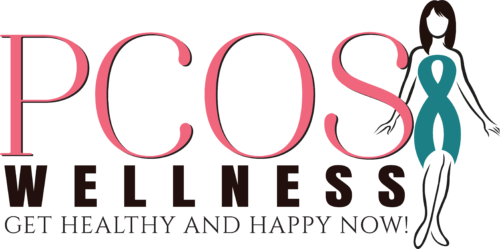
The Psychological Importance of Finding Support for Dealing with PCOS
You’ve probably been trying to figure out how to get a handle on your PCOS for a while now, and you’re mired in millions of pages of internet research and conflicting advice at every turn. You’ve tried the diets, the supplements, and the prescription medication that made the bathroom your best friend. You’re TIRED! As well you should be…
PCOS is complicated!
There are several sub-types (phenotypes), at least 50 different physical and mental symptoms, and different concerns at different stages of life. Some of us are focused on getting pregnant, losing weight, or stopping hair loss. Others just want the depression and mood swings to stop.
PCOS is hard!
With all these different symptoms and focal points, how do you find the right support? Who has the answers for YOU? If you’ve really started diving in, you know there’s not really enough research. A lot of treatment is educated guesswork and application of treatments for related conditions. And our bodies are slow to respond to things like weight loss efforts or improving fertility, so it’s frustrating. You can’t escape this body or this brain.
Information about PCOS is constantly changing.
This is one of those good news/bad news things. There’s not enough research, but there’s more research than there ever has been. Treatment guidelines are inadequate, yet they do exist. General thinking about health, diet, and weight is also changing. And when it comes to mental health, there’s always been a fair amount of mystery to diagnosis and treatment, despite massive efforts to clarify and simplify treatment.
You’re almost guaranteed to have a mental health issue if you’ve got PCOS.
Depression, anxiety, mood swings, and eating disorders are a day-to-day reality for most of us. For many of us, feeling suicidal too. Irritability, problems with sleep, compulsive overeating in response to food cravings, discomfort with your body, brain fog, and conflict with friends and family add to the feelings of shame, frustration, guilt, embarrassment, and awkwardness. If you just want to throw your hands up in the air, give up and cry, I get it!
A support group is like having your own private brain trust.
PCOS patients are smart. They do a lot of research and experiment on themselves with nutrition, exercise, supplements, meditation, and more. You can tap the collective wisdom of all of these PCOS patients of different ages, ethnicities, and life experience levels. Plus, you have the experts, like me, Dr. Gretchen, “The PCOS Psychologist.”
We are stronger in connection.
We are relational beings – all of us, even the ones who like to say they’re loners. Historically, we’ve lived in inter-connected, inter-dependent communities of extended family and friends. Support was built-in to daily life. Nowadays, that’s not so true. We value independence, living alone, and being strong – figuring it out for ourselves. But that’s actually counterproductive to good mental health – and to healthy functioning in the world. Happiness grows when you’ve got good support. It’s as simple as that.
Take one important action to get support today: join my private Facebook group, PCOS Psychology – the place for centralized information on PCOS depression, anxiety, mood swings, sexual issues, relationship issues, and more.
Session expired
Please log in again. The login page will open in a new tab. After logging in you can close it and return to this page.
